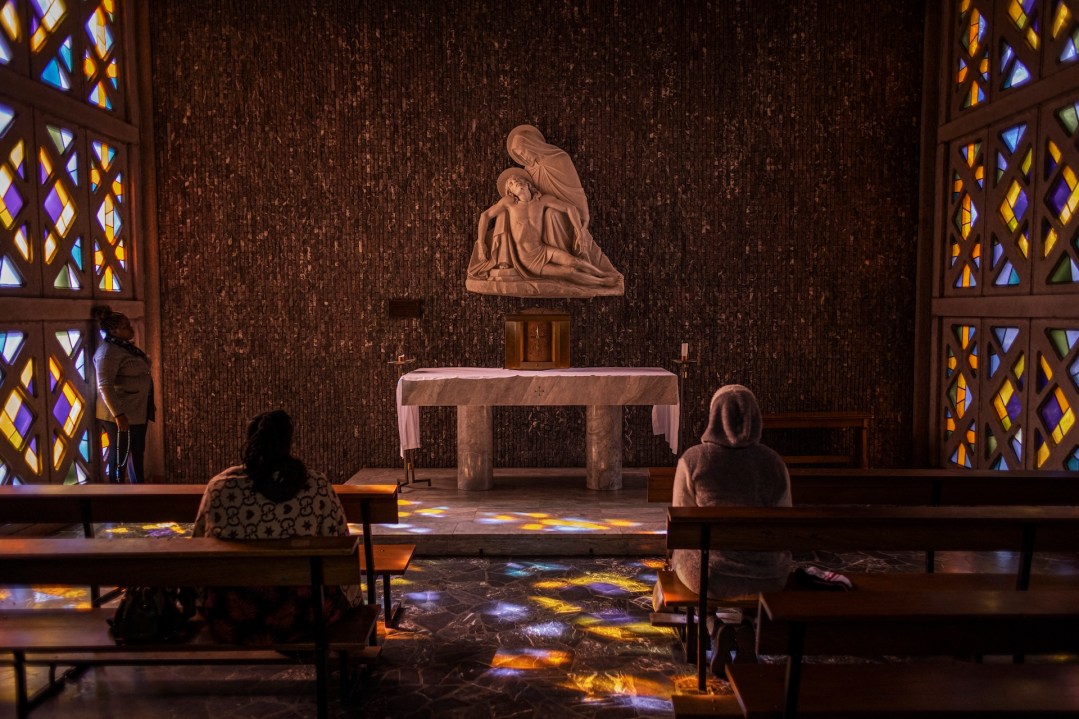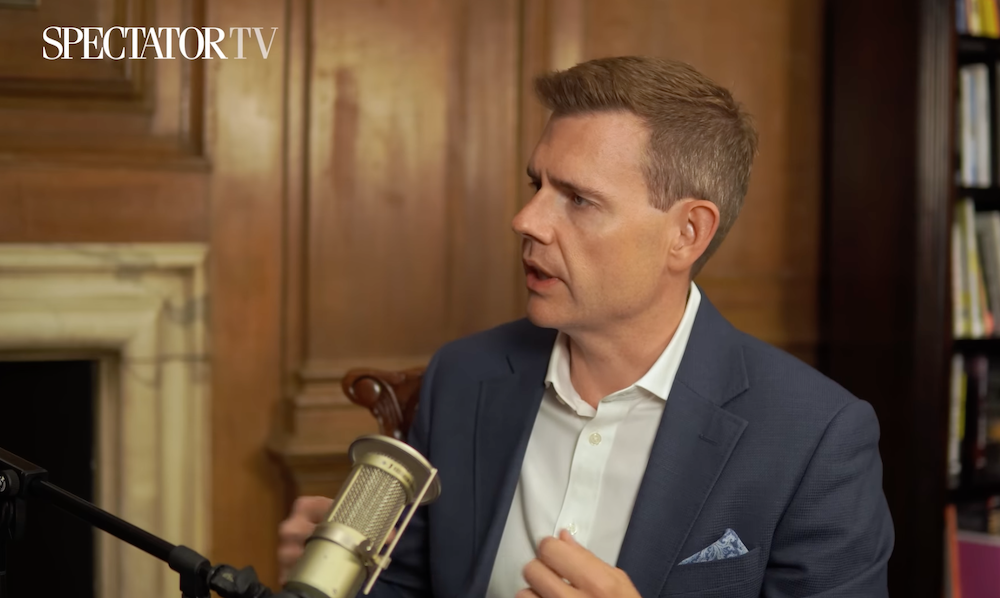For urban South Africans – now 70 per cent of the country’s population – there’s much to celebrate this Easter because, in addition to the four-day weekend, there are two more breaks within a fortnight. On Monday 28 April, we remember the first democratic election in 1994, and in the same week is International Labour Day on 1 May, marking the strike of 1886 that shut America in a quest for better pay and conditions.
How does it make Easter special? Because in South Africa, urban growth is recent, and the bonds to rural family are strong. In black culture, the children of anyone with blood-links to your parents’ generation are thought of as siblings. Tourists making small-talk with a safari guide are surprised when asking, ‘Do you have brothers and sisters?’ and he replies, ’37’.
Visits to family aren’t easy in a nation the size of Britain, France and Germany combined; for the majority, travel is by mini-bus taxi and can take eight or more hours each way. When holidays combine, cities like Johannesburg and Durban become ghost towns.
Among the wealthier class, black and white, get-togethers might be at a resort where the braai or BBQ covers lunch and supper. Collectively, the state and private game reserves cover more than 30,000 square miles, some with less-dangerous animals like giraffe and zebra but many with the ‘Big 5’: elephant, buffalo, lion, leopard and rhino.
Safari camps are a place where family can relax and children do their own thing, protected by a fence around the accommodation.
In supermarkets, the display of chocolate eggs and other delights used to rival Christmas. Now it makes up half-an-aisle at most.
One reason for this is economic. Millions of urban dwellers live in one-room shacks in the townships, and many of them are unemployed. Some, even with high school or a diploma, get by doing odd jobs one or two days a week in the suburbs: raking lawns, cleaning the pool, painting walls. They are at the roadside before dawn, hoping a motorist will pick them up for a few hours work with lunch thrown in and 400 rand if they’re lucky, the equivalent of £16. A chocolate bunny sells here for £8.
Statistically, South Africa is 85 per cent Christian but divided in faith. The Dutch Reformed Church dominates among Afrikaners and in rural white communities, with a traditional service. Equal in size with close on four-million adherents is the Zion Christian Church, favoured by the black working class who wear a pin on their shirt or blouse to show allegiance. There are Catholics, Methodists and more than a million Anglicans, once led by the late Nobel Laureate Archbishop Desmond Tutu who used his pulpit to pour scorn on the old apartheid government.
The Monday after Easter marks Nelson Mandela’s ascent to power in 1994 with his Africa National Congress (ANC), a party that counted Tutu as one of their own until he accused the ANC of theft, corruption and destroying the dream they had promised.
Ironically, while the Dutch Reformed Church was where many of the apartheid rulers went to pray, and Tutu thundered with his sermons, religion here is rarely political.
The Easter message is about faith in God, the resurrection and invariably a prayer, ‘that the Lord will keep us safe’. South Africa has the world’s third-highest murder rate, and the victims are mostly black. The UK suffered 570 murders last year; in South Africa, with a similar population, the death-toll in 2023 was nearly 50 times that, just over 27,000. Men make up 82 per cent of the casualties.
However, it is black women who dominate the congregation at Easter. Given that African languages can differ as widely as French and Russian, and SA has so many, it’s common for the service and hymns to be in English.
Lucia Manhica attends church every week and several times over Easter and Christmas, singing solo and as part of the choir at a charismatic mission in Hillbrow, plumb centre of Jo’burg. Until the 1980s, this was a hippie den with drugs, pubs and second-hand bookshops. Now it is a slum, with washing hung in windows and paint peeling from the buildings. Living is cramped with several families to a flat where thugs collect the rent.
In 2010, Lucia and her husband migrated from Mozambique, a former Portuguese colony to the east. He died in a taxi crash five years ago and, she shares her room with their three children.
‘I get work where I can, cleaning homes,’ she told me. ‘I’m often late with the rent and the landlord threatens to throw us out and I pray that things will come right. Somehow they do.’
She was born a Catholic and speaks her native Tsonga language along with Portuguese and English and attends night school to train as a bookkeeper. ‘I am 38 and maybe this will give me a better job,’ she says.
So why didn’t she go to Mozambique for break?
‘I went at the end of March to see my mother. The buses were not so crowded, crossing the border was easier and I wanted to be back for the choir.’
On Good Friday she invited me to join the service in Hillbrow. It began at 4 p.m. and ran all night. I stayed an hour but long enough to hear her sing with the range of Madonna while the congregation clapped and waved their arms. They bobbed and swayed, kneeling and on their feet as they joined her in song.
I was the only white person there, but was pulled into a number of group hugs, not singing (I didn’t know the words) but caught up in a joy that bore no relation to the hardship people like Lucia endure.
And I understood, perhaps, why they come. Easter and the promise of an afterlife? Of course. But the feeling of hope was hypnotic and stayed with me long after I had left.








Comments